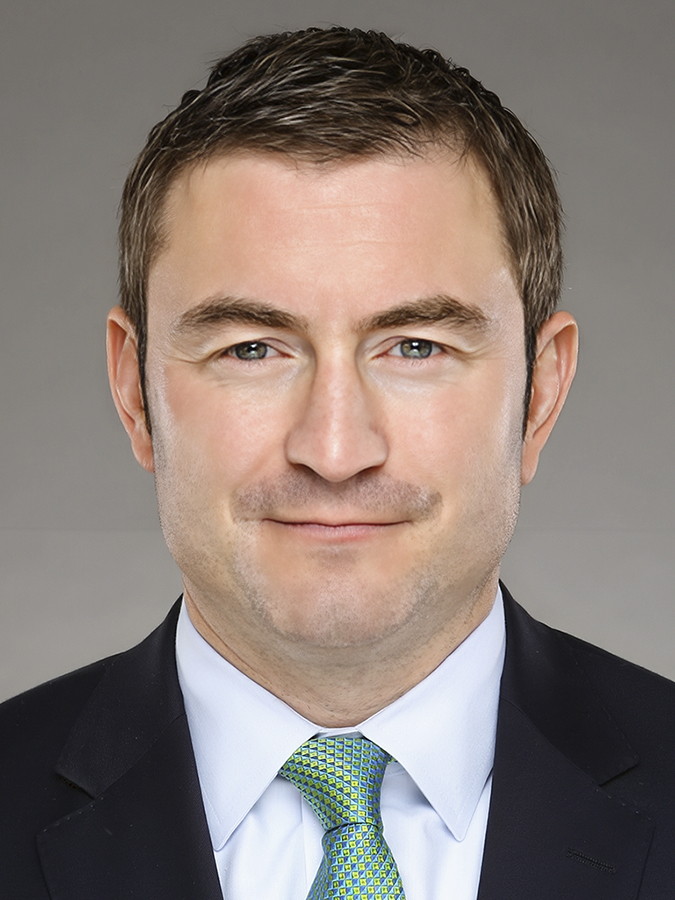“Bankruptcy can keep creditors from harassing you, allow debts to be forgiven, and provide a way for you to keep your assets.”
COLUMBUS, OH, October 05, 2023 /24-7PressRelease/ — On average, the process may take several months from the initial decision to file until the discharge of debts.
The first step is pre-filing preparation, where individuals seeking bankruptcy must gather required documents such as income, expenses, assets, and debts. The attorney will give the debtor a list of all of the documents the court requires. The time to gather this information depends on the complexity of the financial situation. Next the debtor must complete a credit counseling course from an approved agency. This course usually takes up to an hour to complete and can be done online or over the phone.
Once all necessary financial documents are collected, the Chapter 7 bankruptcy petition can be filed with the bankruptcy court. This step is often facilitated by a bankruptcy attorney and usually takes. a day or two to complete.
After filing, an automatic stay goes into effect, providing immediate relief and protection from creditor collection actions such as phone calls, lawsuits, and wage garnishments.
Approximately 20 to 40 days after filing, the debtor attends the Meeting of Creditors (341 Meeting), presided over by the bankruptcy trustee. This meeting provides an opportunity for the trustee and creditors, if they choose to attend, to ask questions about the individual’s financial situation. The meeting is relatively short, usually lasting around 5 to 10 minutes.
Following the 341 Meeting, the trustee reviews the bankruptcy paperwork and any non-exempt assets the individual may have. In Chapter 7 bankruptcy, non-exempt assets can be sold to repay creditors. However, most Chapter 7 filers have no non-exempt assets, resulting in a “no-asset” case.
If there are no complications or objections, the individual may receive the Chapter 7 bankruptcy discharge within 60 to 90 days after the Meeting of Creditors. The discharge releases the individual from personal liability for certain debts, and they are no longer legally obligated to repay them.
It’s essential to recognize that these timelines are approximate and can be influenced by factors such as case complexity, court caseload, and creditor objections. Working with an experienced bankruptcy attorney can streamline the process, ensure all requirements are met, and protect the individual’s rights throughout the process.
“Bankruptcy can keep creditors from harassing you, allow debts to be forgiven, and provide a way for you to keep your assets,” says Thomas Fesenmyer of FCW Law Firm.
About FCW Law
FCW Legal offers personalized debt-relief evaluations and counsel, covering Chapter 7 bankruptcy, Chapter 13 debt reorganization, debt settlement negotiations, and foreclosure defense. Their dedicated team of attorneys provides compassionate and skillful guidance, tailoring solutions to each client’s unique needs for achieving financial freedom promptly. For more information, call 614-228-4435 (Columbus), 937-222-7472 (Dayton), or 877-654-5297 (Cincinnati) or visit the website.
# # #





